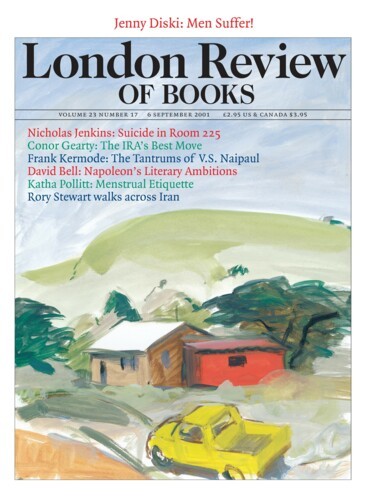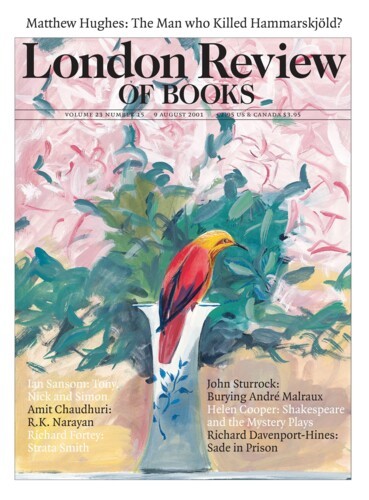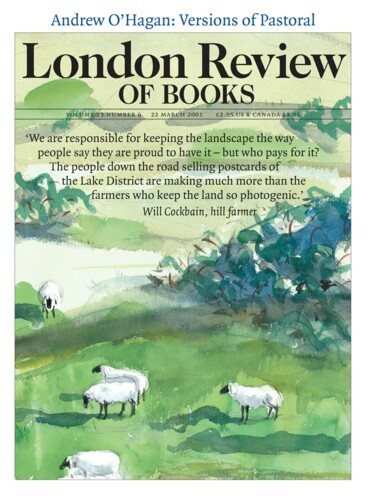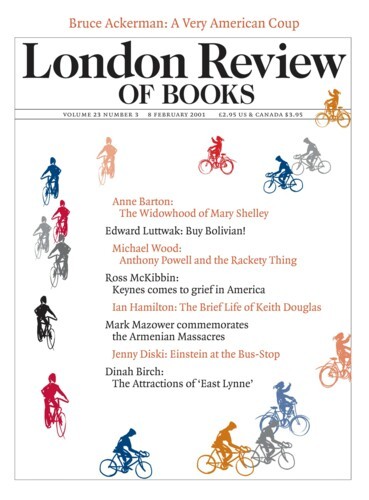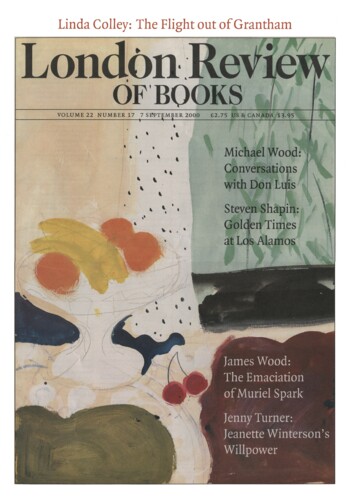In prelapsarian times, it was only ever a short step from the batting crease to the pulpit, as generations of cricketing vicars used the game that they played heartily, if not usually very well, on Saturday afternoon for a neighbourly source of Sunday metaphors with which to earth a sermon and reassure the congregation that the rules by which a good Anglican was urged to live were really no more arduous than those framed by the MCC. The path of righteousness measured 22 yards and by repeated association with the godhead the patently sinless game of cricket was hoisted onto an existential plateau to which other, rougher games needn’t bother to aspire. The parallel was, on the other hand, open to question, since it involved seeing the testing game of life exclusively from the batsman’s point of view. Contingency did its satanic worst to get you out, and you did your Christian best to stay in. What, though, if you were some out-of-order soul who chose to look at this vital encounter from the other end of the pitch? One early cricketer who did so was the third Duke of Dorset: ‘What is human life but a game of cricket? – beauty the bat and man the ball,’ he’s quoted as saying in David Underdown’s book. The Duke, a big sponsor of the game in its years of consolidation in the second half of the 18th century, reverted on non-match days to his role of seducer of upper-class women, and no doubt felt that the life’s-a-game-of-cricket trope, as modified by him, was a sporting way of dressing up his venery as victimisation. Once into his forties, and having, let’s hope, been struck to the boundary once too often, he married and gave up cricket.’‘
Start of Play: Cricket and Culture in 18th-Century England by David Underdown. In prelapsarian times, it was only ever a short step from the batting crease to the pulpit, as generations of cricketing vicars used the game that they played heartily, if not usually very well, on Saturday afternoon for a neighbourly source of Sunday metaphors with which to earth a sermon and reassure the congregation that the rules by which a good Anglican was urged to live were really no more arduous than those framed by the MCC.
